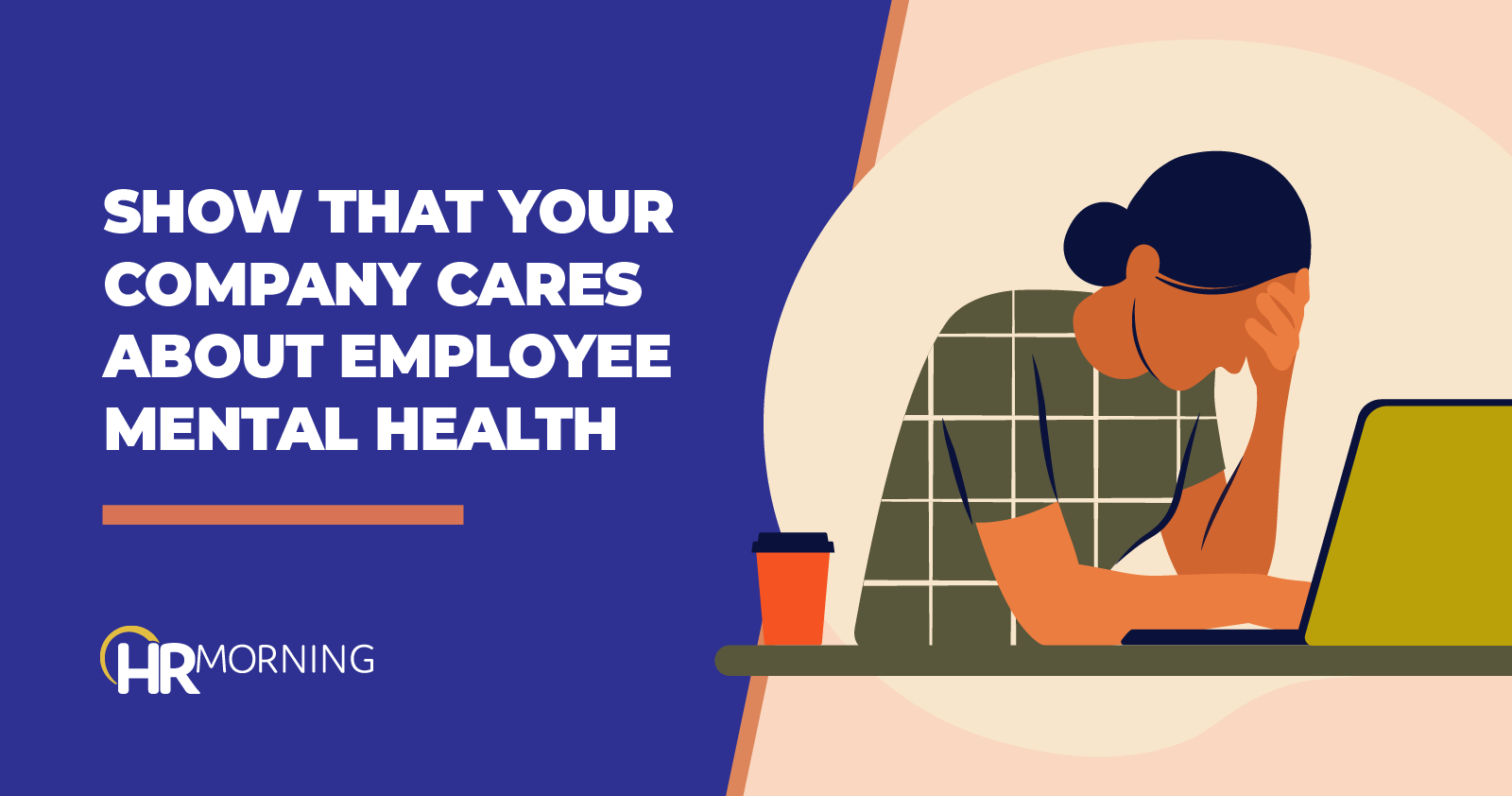Since the pandemic, employee well-being is no longer a perk — it’s a necessity. Research from Forbes Advisor concluded that 59% of Gen Z workers and 68% of millennials said mental health resources are an important benefit.
Leading HR pros like you are always keeping an eye out for different ways to support a healthy and productive workforce. Fortunately, there’s a wealth of free and “freemium” (the basic free version with optional features available for a fee) mental health apps that you can provide to your employees for bolstering both their well-being and your organization’s health benefits plan.
For example, SonderMind helps employees connect with licensed therapists for virtual or in-person appointments. It facilitates matching based on individual needs and insurance coverage. However, it’s not available in all states and you’ll need to check with your health plan provider and/or employee assistance program about what mental healthcare service fees are covered and what the patient’s responsible for paying.
Well-Being Through Stress Reduction and Mindfulness
By becoming more aware of their thoughts and emotions in the present moment, employees can better regulate their responses to stress. Here are some popular apps that have free and freemium versions for managing stress, relaxing, improving focus and cultivating overall well-being:
- Calm: Top features include guided meditations, sleep stories (narrated stories specifically designed to lull listeners to sleep) and breathing exercises to help employees manage stress and improve sleep quality.
- Headspace: It provides a library of guided meditations tailored for focus, anxiety relief and overall well-being, as well as short “mini-meditations” for busy schedules.
- Happify: This app uses games and activities based on cognitive behavioral therapy, positive psychology and mindfulness to boost mood and build resilience.
- Insight Timer: Features include a library of free guided meditations for managing stress, improving sleep and more. Content includes mindfulness exercises, music tracks and ambient sounds to promote relaxation.
- The Mindfulness App: The app offers guided meditations, mindfulness reminders and a variety of ambient sounds for enhancing your meditation experience. It tracks your sessions and offers personalized user statistics.
- Daylio: Users can track their mood, activities and thoughts throughout the day. By recognizing patterns, it can help them identify triggers for negative thoughts and develop coping mechanisms.
Well-Being Specialty Apps
MindShift CBT (cognitive behavioral therapy) offers techniques to help users tackle anxiety, panic, perfectionism and phobias, as well as relaxation and mindfulness strategies, peer support and more.
Sanvello is helpful for individuals dealing with depression, providing cognitive behavioral therapy-based tools such as mood tracking and guided journeys to build coping skills. It comes in free and subscription versions.
Be sure to try out the specific features and limitations of the free versions of any app first before recommending them to employees through company communications or wellness initiatives. It’s also important to review an app’s data-sharing policy. If you’re not confident about its privacy protections, it’s wise to not explore it further.
Beyond the Apps
While mental health apps are beneficial, remember they’re only supplemental tools in the well-being big picture.
To maximize their impact, consider offering workshops or webinars on the importance of mental health and how employees can effectively utilize their apps. Also, encouraging open conversations about mental health creates a safe space for employees to seek help.
By fostering a culture of well-being, you can empower your employees to thrive in the workplace.


